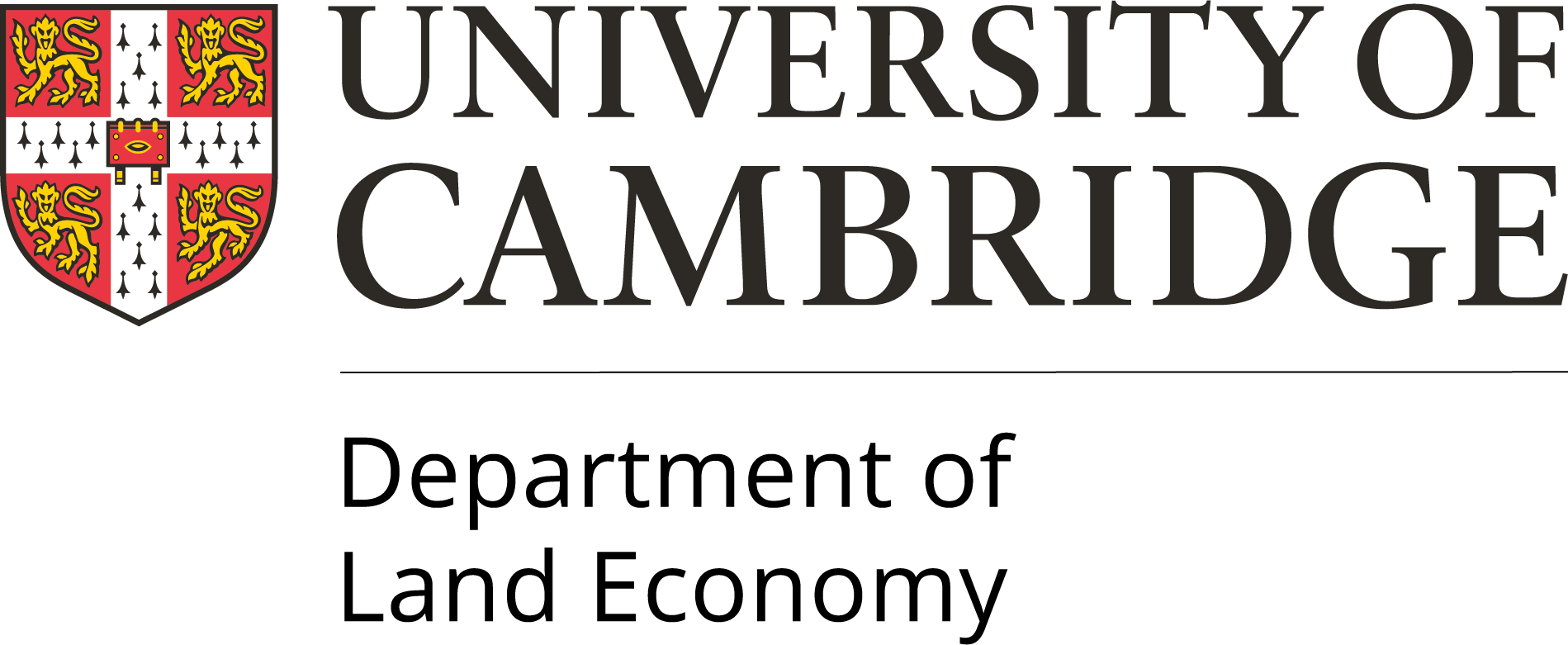Academic profile
|
Aiora is Departmental Fellow at the Department, which she joined again in 2020. Her research is focused on environment and sustainability governance, and particularly on the challenges for implementation and effectiveness. |
Teaching
|
She has taught environmental policy, economics and methods since 2013, including EP02, Paper 5 and Paper 1, research methodologies at the Social Sciences Research Methods Programme (formerly SSRMC), at Geography and at Bioinformatics. Other topics taught have included modelling of ecosystem services and data visualisation. |
Research interests
|
Research focused on challenges for implementation and effectiveness of environment (and climate) policy across scales, particularly in understanding the diversity of views on controversial or conflictual issues, and the spatial variability of impacts. This has included adoption and diffusion of sustainable land-use practices, social implications of biodiversity indicators and drivers and motivations of behavioural change. Among other current projects, she is working on the socio-environmental implications of digital innovation. Her methods' expertise includes R statistical language, Q methodology, econometrics, multi-criteria decision methods, Geographic Information Systems (GIS) and data visualisation. She has published research on a range of sustainability policies, such as environmental and conservation programs in rural areas in Mexico and South Africa, deforestation drivers at large scales, peatland fires in Indonesia, and public policy for sustainable transport to industrial estates. |
Publications
Key publications:
- Zabala, García Barrios & Pascual. 2022. From participation to commitment in silvopastoral programmes: Insights from Chiapas, Mexico. Ecological Economics 200, 107544
- Phelps, Zabala* et al. 2021. Experts and resource users split over solutions to peatland fires. World Development 146, 105594 (* corresponding author)
- Carmenta, Zabala et al. 2021. Evaluating bundles of interventions to prevent peat-fires in Indonesia. Global Environmental Change 67, 102154
- Zabala, Sandbrook & Mukherjee. 2018. When and how to use Q methodology to understand perspectives in conservation research.
Conservation Biology, 32(5):1185–1194 - Zabala & Sullivan. 2018. Multilevel assessment of a large-scale programme for poverty alleviation and wetland conservation: lessons from South Africa. Journal of Environmental Planning and Management, 61(3):493–514
- Zabala, Pascual & García-Barrios. 2017. Payments for pioneers? Revisiting the role of external rewards for sustainable innovation under heterogeneous motivations. Ecological Economics, 135:234–245
- Carmenta, Zabala, Daeli, Phelps 2017. Perceptions across scales of governance and the Indonesian peatland fires. Global Environmental Change, 46, 50–59
- Zabala. 2014. 'qmethod': a package to analyse human perspectives using Q methodology. The R Journal, 6(2):163-173
Other publications:
- Azizah, Ishihara, Zabala et al. 2020. Diverse Perceptions on Eco-Certification for Shrimp Aquaculture in Indonesia. Sustainability, 12(22), 9387
- Zabala et al. 2019. Natural Capital. in Eaton and Sheng (Ed.), The Inclusive Green Economy: Policies and practice. United Nations Environment Programme
- Jucker, (...) Zabala et al. 2018. Ten‐year assessment of the 100 priority questions for global biodiversity conservation. Conservation Biology, 32(6):1457–1463
- Mukherjee, Zabala et al. 2018. Comparison of techniques for eliciting views and judgements in decision-making. Methods in Ecology and Evolution, 9:54–63
- Zabala. 2018. Comparing Global Spatial Data on Deforestation for Institutional Analysis in Africa. In B. Huang (Ed.), Comprehensive Geographic Information Systems (pp. 371-388). Reference Module in Earth Systems and Environmental Sciences. Elsevier
- Larcom, van Gevelt & Zabala. 2016. Precolonial institutions and deforestation in Africa. Land Use Policy, 51:150–161
- Zabala & Pascual. 2016. Bootstrapping Q methodology to improve the understanding of human perspectives. PLoS One, 11(2):e0148087
- Zabala. 2009. Walking the green carpet to work (A multicriteria analysis of policy measures to promote sustainable transport to industrial estates). International Journal of Sustainable Development, 12(1):78
- Scolobig, Castán-Broto & Zabala. 2008. Integrating multiple perspectives in social multicriteria evaluation of flood-mitigation alternatives: the case of Malborghetto-Valbruna. Environment and Planning C: Government & Policy, 26(6):1143-1161
Current PhD Students
|
Callum Woolley Stephen Zhao (The Open University) |
Category/Classification
|
Environment, sustainability, economics, public policy |

